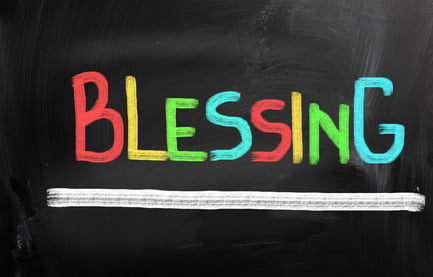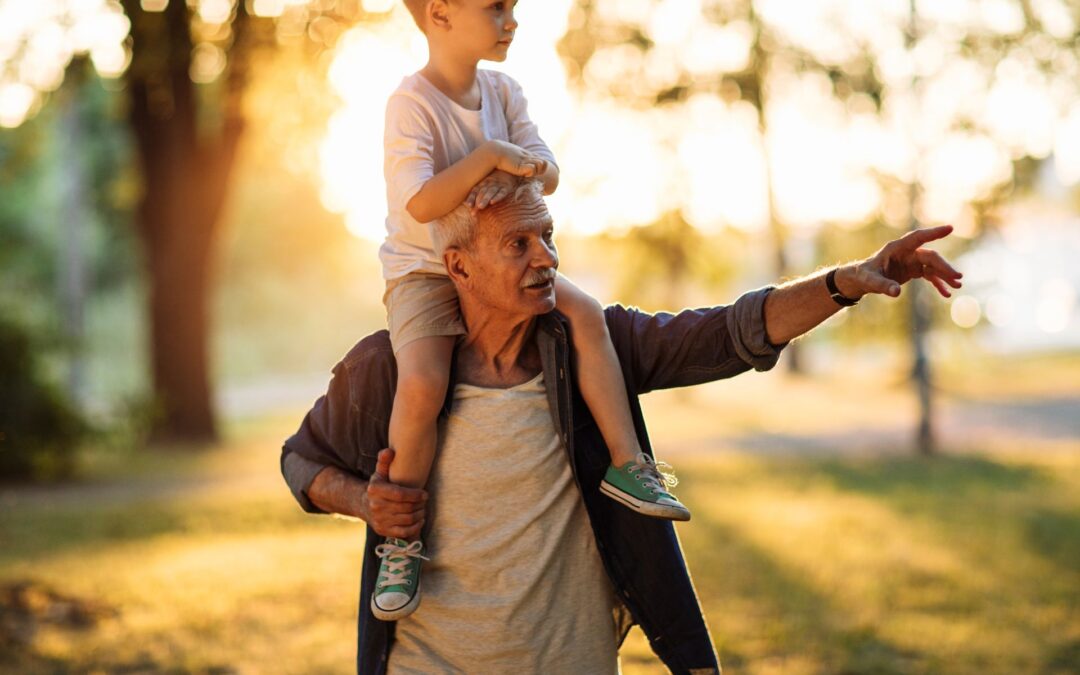One of the important biblical roles of parents and grandparents is the spoken blessing. I thought it might be helpful to have another voice speak into this important topic, so I received permission from Vincent Muli Kituku to reprint portions of an article he published in a newspaper column last Fall. My prayer is that each of you will understand and put into practice the power of spoken blessing as a way to influence your grandchildren’s lives.
Here are Vincent’s observations…
The story in Genesis 48 (Jacob blessing his grandsons, Ephraim and Manasseh) presents a cultural practice—grandparents blessing their grandchildren—that transcends nations and generations, albeit neglected in modern times…
My family’s mud-thatched house was about 50 yards from the circular hut where my father’s parents (father and step-mother) lived. Outside their hut was a fireplace where he received visitors. They also served as my classroom and shelter.
By age 7 I could name five to seven generations—who was the father of whom before my father was born. I knew from where my great-grandfather migrated, and that he was a porter for the first British colonial governor in Kenya. I learned about my grandfather’s life in the army, his participation in World War II, and the song Mundu ndakusaa, Ngai atanenda (Nobody dies unless it’s God’s will), sung by military people of our community during the Burma war…
Early in September in 1976 my grandfather sent me to take dry coffee berries to the factory. It was also the opening day of school for the third term, but I did it. When I returned, he called me and blessed me before I got ready to go to school. He died a week later.
Space and time limit what I can write about my maternal grandmother. Astonishingly poor in material possessions, she was very rich in what matters most. During my high school years, she always blessed me when we met at Kenya’s Tala Market and she gave me everything of the nothing she had.
I have seen my mother pass on the same blessings to her grandchildren, including my children. After my father saw my children for the first time last year, he held on to them like a precious gift that was lost but had been found, and he blessed them.
There is a sense of identity and belonging for children who have a healthy relationship with their grandparents. They learn their family history—where they came from, and the challenges their ancestors faced and overcame.
Many adults have testified how grandparents influenced their lives. A friend of mine recently told me how when she learned of her suitor’s favorite pie, she called her grandmother to learn how to cook it. They have just celebrated 20 years of marriage.
There is no substitute for the role grandparents play in the lives of their grandchildren—for all the things in life that matter.
Vincent Muli KItuku is an author and speaker for business organizations, schools and Christian groups.







0 Comments